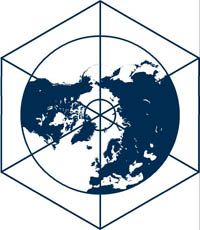
The thematic network of social work has existed since 2005, and is coordinated from Bodoe University College in northern Norway. After a very successful start in Bodoe, the activity has been rather low. The main reason for this has been lack of funding to run activities.
But now the network has received economic support from Norwegian funding for UA, and we can make a more serious effort to contribute to social work in our part of the world.
Early in 2009 a group of academics from different institutions in the UA will meet to discuss activities that will both give us the experience of working together, and strengthen knowledge of social work across institutions and countries. The focus will be on three fields:
First we will discuss the possibility of establishing a master of social work education within University of the Arctic. This can be done in different ways. But the plan is to look at courses and educations that are already offered, and see how we can fit those into our ideas.
The other field is to make a 10 credit Bachelor course in social policy in the Arctic. The network supported such a course that was a cooperation with the Pomor State University in Archangel two years ago. But this time the idea is to make a course that includes perspectives concerning indigenous peoples, consequences of the environmental changes and social policies for rural and remote areas.
The third field is questions concerning how to create efficient leadership for the network, so that we can become an important meeting point for researchers and teachers in this field. It is demanding to find good ways to work together and come to establish dialogue between innovative people and institutions in social work in the Arctic.
The group of five academics that will meet in Amsterdam has a most interesting, but difficult challenge to face. But to the thematic network of social work it will for certain be a chance for important steps forward.

 By: Ass. Prof. Asgeir Solstad, Bodoe University College, Norway
By: Ass. Prof. Asgeir Solstad, Bodoe University College, Norway